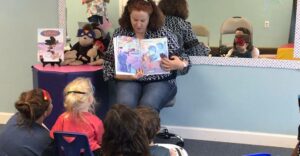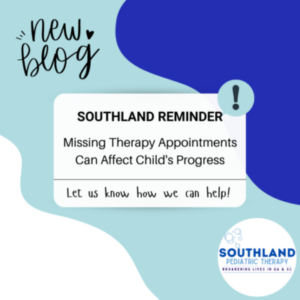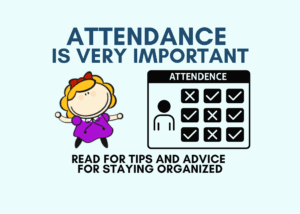Back-to-School Tips for Pediatric Therapy Patients

Now that the back-to-school season is here, parents of pediatric patients receiving Occupational Therapy (OT), Speech Therapy, and Physical Therapy (PT) services may have concerns about ensuring a smooth transition for their children. This blog post aims to provide valuable tips and insights to help parents navigate the return to school for their young ones who require these specialized therapies.
- Communication with School Staff: Open communication with teachers, aides, and other school staff members is crucial. Share your child’s therapy goals, needs, and any relevant information to ensure a consistent approach to their development and progress.
- Individualized Education Plan (IEP) Review: If your child has an IEP or 504 plan, review and update it before the school year starts. Make sure the plan includes the necessary accommodations and services that support your child’s OT, speech, and PT requirements.
- Consistent Home Exercises: Work closely with your child’s therapists to establish a routine of home exercises. Consistency between therapy sessions and home practice enhances progress and reinforces the skills being taught.
- Sensory-Friendly Classroom: Collaborate with the school to create a sensory-friendly classroom environment. Implement strategies that accommodate sensory sensitivities and preferences, promoting a comfortable learning environment for your child.
- Breaks and Rest Periods: Ensure your child’s school schedule allows for breaks and rest periods if needed. These pauses can help prevent sensory overload and fatigue, contributing to a more successful learning experience.
- Assistive Technology: Explore and incorporate assistive technology that supports your child’s communication or mobility needs. This could include speech-generating devices, adaptive writing tools, or mobility aids, enhancing their participation in the classroom.
- Peer Interaction and Socialization: Encourage opportunities for peer interaction and socialization. Collaborate with the school to facilitate inclusive activities that promote positive interactions and friendships.
- Routine and Predictability: Maintain a consistent daily routine that includes time for therapy, school, play, and rest. Predictability helps children with sensory processing challenges feel more secure and in control.
- Educate Peers and Teachers: Help raise awareness about your child’s condition, therapy needs, and any potential challenges among classmates and teachers. This promotes understanding, empathy, and a supportive classroom environment.
- Celebrate Achievements: Acknowledge and celebrate your child’s achievements, both big and small. Positive reinforcement and encouragement play a vital role in boosting their confidence and motivation.
With thoughtful planning, open communication, and a collaborative approach between parents, therapists, and school staff, pediatric patients receiving OT, speech, and PT services can have a successful and fulfilling back-to-school experience. By implementing these tips, you can help your child thrive academically, socially, and emotionally in their school environment.




